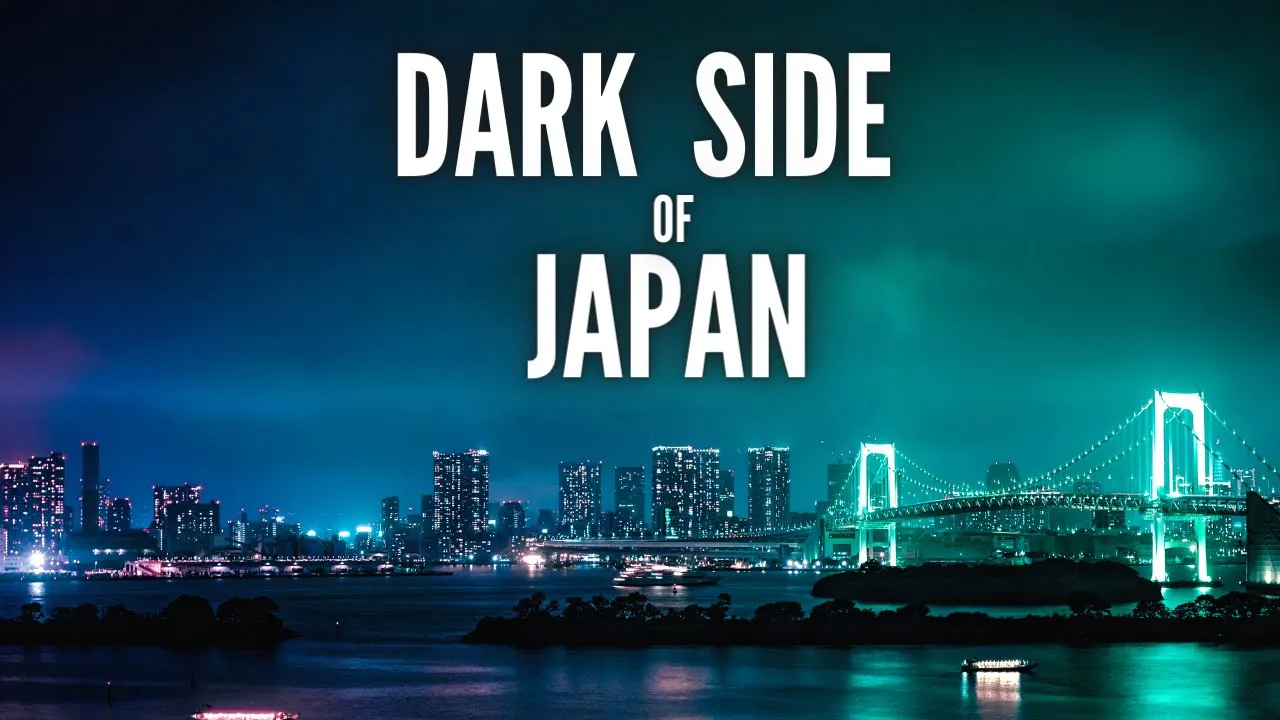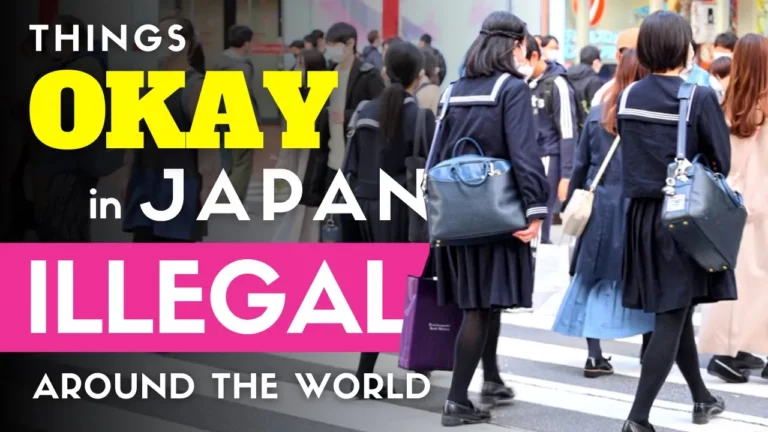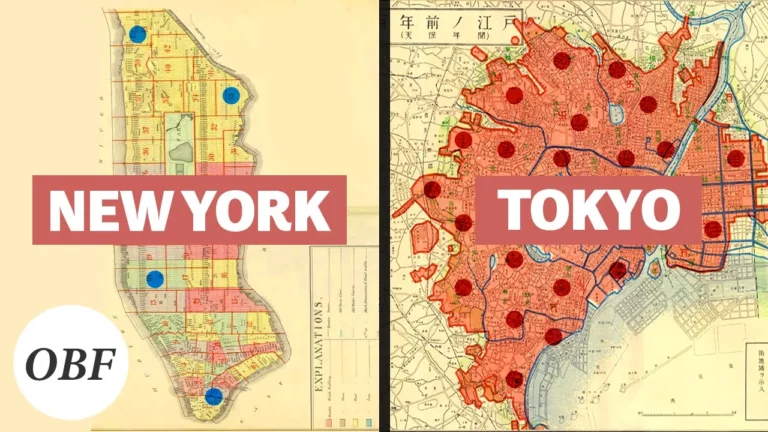Japan has long been admired globally for its advanced technology, low crime rates, and strong economy. However, beneath this facade lies a darker reality known as the “lost generation.” This group, making up almost 15% of the population, embodies the failures of Japan’s societal structure and economic policies.
In the 1980s, Japan was poised to become the next economic superpower, with a booming economy fueled by unique corporate alliances called keretsu. These alliances, backed by the government, enjoyed unprecedented growth and dominance in global markets. However, the unchecked growth led to a speculative bubble that eventually burst in the early 1990s, triggering a chain of events that culminated in the lost generation.
The Japanese work culture, characterized by practices like lifetime employment and rigid hiring rituals, further exacerbated the situation for the lost generation. Job hunting for fresh graduates was a grueling and highly competitive process, with the vast majority of positions filled only by recent graduates. This meant that those who missed this narrow window of opportunity faced a bleak future of temporary, low-paid jobs or unemployment.
The economic downturn not only affected the lost generation but also had far-reaching consequences for Japan as a whole. With a significant portion of the population unable to contribute to the economy as expected, Japan faces challenges like super aging, where the proportion of elderly citizens far exceeds that of the working-age population. This imbalance poses serious economic risks for the country’s future.
Moreover, the emergence of hikikomori, individuals who voluntarily isolate themselves from society, further highlights the social repercussions of the lost generation. This phenomenon, affecting nearly 1 million individuals in Japan, underscores the deep-rooted issues within Japanese society and the urgent need for systemic reforms.
While the Japanese government has acknowledged these challenges and pledged to support the lost generation, entrenched work culture and economic constraints continue to hinder progress. As Japan grapples with its dark side, it must confront the legacy of the lost decades and strive for inclusive solutions that benefit all its citizens.












